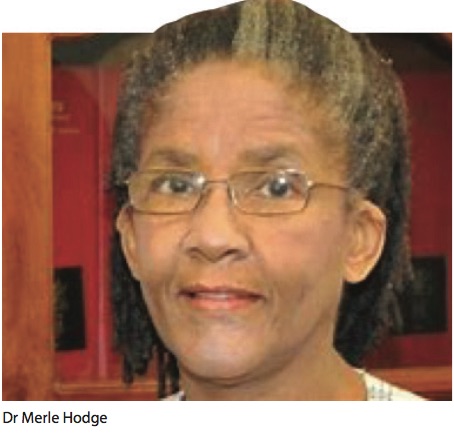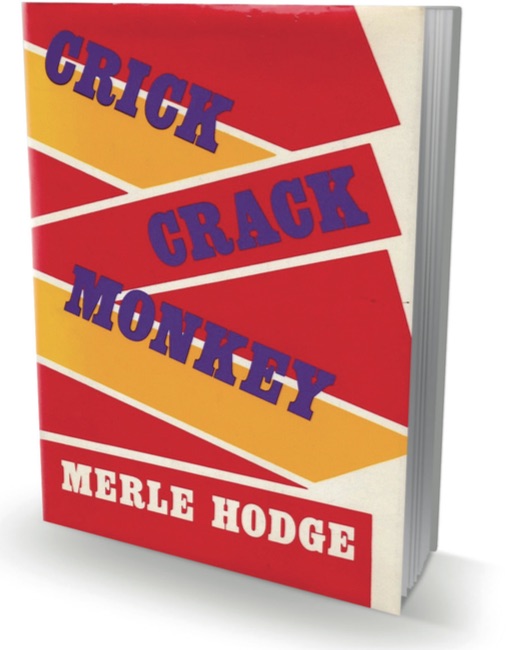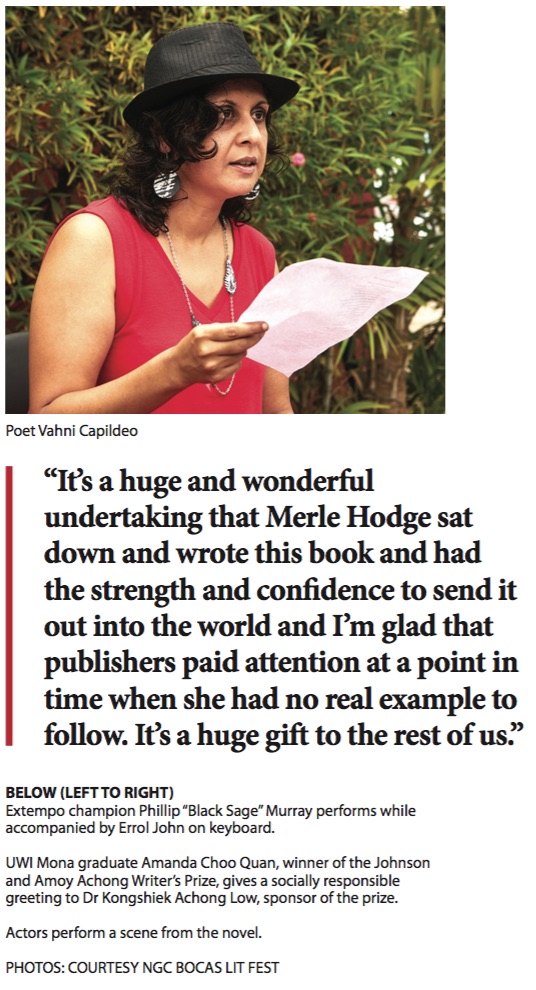
Dr Merle Hodge’s classic novel, Crick Crack Monkey, was celebrated with a commemorative dramatised reading during the virtual 2020 Bocas Lit Fest in September as this year marks the 50th anniversary of its publication.
The reading was adapted and directed by elisha efua bartels and featured actors Isoke Edwards, Mandisa Granderson and Conrad Parris. The quartet was able to bring to life Hodge’s bildungsroman of the young protagonist, Tee, and the conflicts of class, colour and race that impact her life.
Hodge, who is a retired lecturer from the Faculty of Humanities and Education at UWI St Augustine, is the first black woman novelist of the post-Independence period. Crick Crack Monkey is a mainstay on literature curriculums around the world and has been the subject of numerous literary studies.

Last year, the novel was named one of the top 10 books about Trinidad and Tobago by Claire Adams for the UK Guardian; writer Erna Brodber sites the novel as one of the top five must-reads for Caribbean teens; writer and University Director of UWI’s Institute of Gender and Development Studies Opal Palmer Adisa has said that Hodge opened doors for other female authors such as Jamaica Kincaid and Tiphanie Yanique; and there is even an anthology of women’s writing edited by Pamela Mordecai and Elizabeth Wilson which gets its title – Her True True Name – from one of the final scenes in Crick Crack Monkey.
The novel was critical to adding a female voice to the Caribbean literary canon, which had previously been male-dominated. In the book, Writing in Limbo, Simon Gikandi writes: “…the absence of female texts in the Caribbean canon meant that political independence had not restored speech to the Caribbean female subject, an important producer of West Indian culture.” Hodge was able to fill this gap not only by being a female writer, but also by centring women in her writing.
Reflecting on the significance of the text, bartels said in an interview with UWI Today that it was a clear portrait of T&T still relevant today. bartels also noted that its publication normalised the concept of being a woman writer. “It’s a huge and wonderful undertaking that Merle Hodge sat down and wrote this book and had the strength and confidence to send it out into the world, and I’m glad that publishers paid attention at a point in time when she had no real example to follow. It’s a huge gift to the rest of us.”

